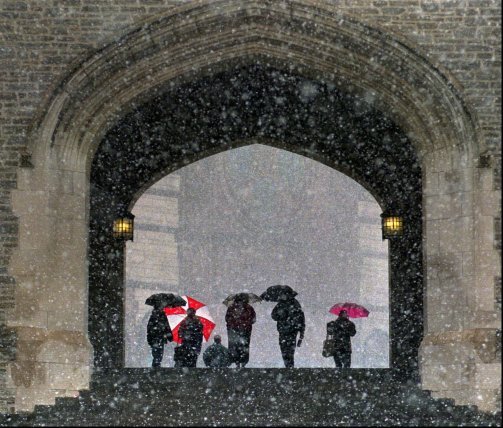A Wonderfully Simple Heuristic to Recognize Charlatans
Geege Schuman stashed this in Farnam Street
Stashed in: Facts, Creativity, FAIL, #success, Wisdom, Learn!, Decisions, Philosophy, life, education, Intelligence
Subtractive Knowledge
Taleb argues that the greatest “and most robust contribution to knowledge consists in removing what we think is wrong—subtractive epistemology.” He continues that “we know a lot more about what is wrong than what is right.” What does not work, that is negative knowledge, is more robust than positive knowledge. This is because it’s a lot easier for something we know to fail than it is for something we know that isn’t so to succeed.
There is a whole book on the half-life of what we consider to be ‘knowledge or fact’ called The Half-Life of Facts. Basically, because of our partial understanding of the world, which is constantly evolving, we believe things that are not true. That’s not the only reason that we believe things that are not true but it’s a big one.
The thing is we’re not so smart. If I’ve only seen white swans, saying “all swans are white” may be accurate given my limited view of the world but we can never be sure that there are no black swans until we’ve seen everything.
Or as Taleb puts it: “since one small observation can disprove a statement, while millions can hardly confirm it, disconfirmation is more rigorous than confirmation.”
Most people attribute this philosophical argument to Karl Popper but Taleb dug up some evidence that it goes back to the “skeptical-empirical” medical schools of the post classical era in the Eastern Mediterranean.
Being antifragile isn’t about what you do, but rather what you avoid. Avoid fragility. Avoid stupidity. Don’t be the sucker. …
It’s a lot easier for something we know to fail than it is for something we know that isn’t so to succeed.
That's fascinating.
Have you read any of Taleb's books?
Not yet but am adding to list of thinkers to follow.
If you do read him, read Black Swan first. That's his best.
Thank you, I shall!
I've read all his books. And am going to see him in May here: http://necsi.edu/education/antifragile.html?action=speakers
Taleb, Daniel Kahnemann & Amos Tversky have some of the deepest contemporary work out there
I'm not familiar with Kahnemann and Tversky but Wikipedia has a nice intro:











6:04 AM Jan 26 2014